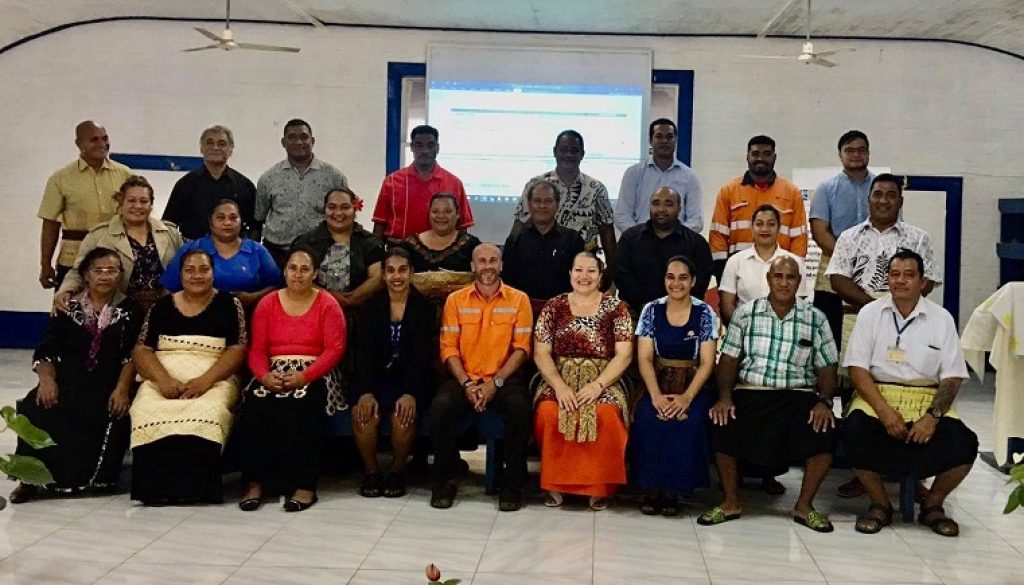Promoting Sustainable Energy Business Opportunities in Ha’apai and Vava’u, Kingdom of Tonga
11th June, 2020 Tonga has set, amongst other targets, an ambitious target to generate 50% of the country’s electricity from renewable energy resources by 2020. Several initiatives are currently taking place in Tonga in pursuit of these targets.
The Asian Development Bank and Australia-funded Outer Island Renewable Energy Project (OIREP) is, among other things, providing 24 hours electricity supply to Nomuka, Ha’afeva, ‘Uiha and Ha’ano in the Ha’apai Group and also the main island of Vava’u. The Pacific Community’s (SPC) Pacific Centre for Renewable Energy and Energy Efficiency (PCREEE) has a Sustainable Energy Entrepreneurship Facility (PSEEF) to assist business startups and co-finance renewable energy and energy efficiency projects. The EU-funded Pacific Technical and Vocational Education and Training (PacTVET) program is currently working to introduce national qualifications on sustainable energy in Tonga.
More than 50 participants benefitted from a series of training workshops conducted on 20 May – 1 June aimed at raising their awareness on possible small-scale business opportunities and the productive utilization of renewable energy in their local communities. The training also assisted participants to prepare funding and business proposals for business startups and improving their business skills to effectively look after their electrification programme and small businesses.
“We want to ensure these remote communities fully benefit from their more reliable, cleaner and safer supply of electricity by productively using the opportunity to start their own small businesses to help their families and communities. We also want them to be able to sustainably manage their 24 hours electricity supply”, said Hikaione Loumoli, the OIREP Safeguard and Gender Officer.
“The outer islands play a key role in the supply of reef fish and handcrafts to the Nuku’alofa market. People continue to trade their local chickens, pigs, root crops and vegetables with those who have migrated to the main island. With the 24 hours power supply and business skills, the PCREEE’s Sustainable Energy Entrepreneurship Facility (PSEEF) can also contribute financially to assist the outer islands residents to contribute more to Tonga’s economy”, said Sione Misi of the PCREEE.
“There are only two major incomes sources here in the islands which are from the women’s handicraft making and men’s fishing. There is a high demand for reliable 24 hours supply of electricity for freezers to store their catch and also to produce ice blocks. This idea of clean and affordable renewable energy electricity will be very helpful especially in starting some small business for some individuals, women’s group or the communities,” said Esau Tupou Finau, one of the participants at Nomuka.
“This training opportunity has given us more confidence in the installation, maintenance and designing and allowing us to buy solar and other energy efficient appliances to install in our houses, not only for lighting but we can start thinking of business ideas that we can generate income from such as solar freezer, sewing, wood carving, solar lights to our group of women’s groups which rely on weaving mats for their incomes,” said Saia Langi, town officer of Muitoa.
The workshops were jointly conducted by the OIREP and the PCREEE and supported by the PacTVET and the Tonga Power Limited.
The support of Ms. Lucy Fa’anunu, MEIDECC OIC in Vava’u and her staff in fully acknowledged and appreciated for their dedication and contribution to making the workshop a success.


